Top 7 Benefits of Using Electric Water Pumps for Home and Garden Efficiency
In recent years, the demand for electric water pumps has surged, particularly in residential gardening and home maintenance applications. According to a report by ResearchAndMarkets, the global market for electric water pumps is projected to grow significantly, driven by increasing necessity for efficient irrigation systems and water management solutions. This trend underscores the pivotal role that electric water pumps play in enhancing the efficiency of both home and garden operations.
The advantages of utilizing electric water pumps cannot be overstated. These devices offer superior efficiency compared to their traditional counterparts, which often rely on manual or mechanical means. A study published in the Journal of Irrigation and Drainage Engineering indicates that electric water pumps can reduce energy consumption by up to 30%, leading to lower utility bills and a more sustainable approach to water use. As homeowners and gardeners increasingly seek ways to optimize their water supply while minimizing costs, the electric water pump emerges as an indispensable tool. This article will explore the top five benefits of integrating electric water pumps into home and garden practices, highlighting how these innovations can transform everyday water management into a streamlined and eco-friendly endeavor.
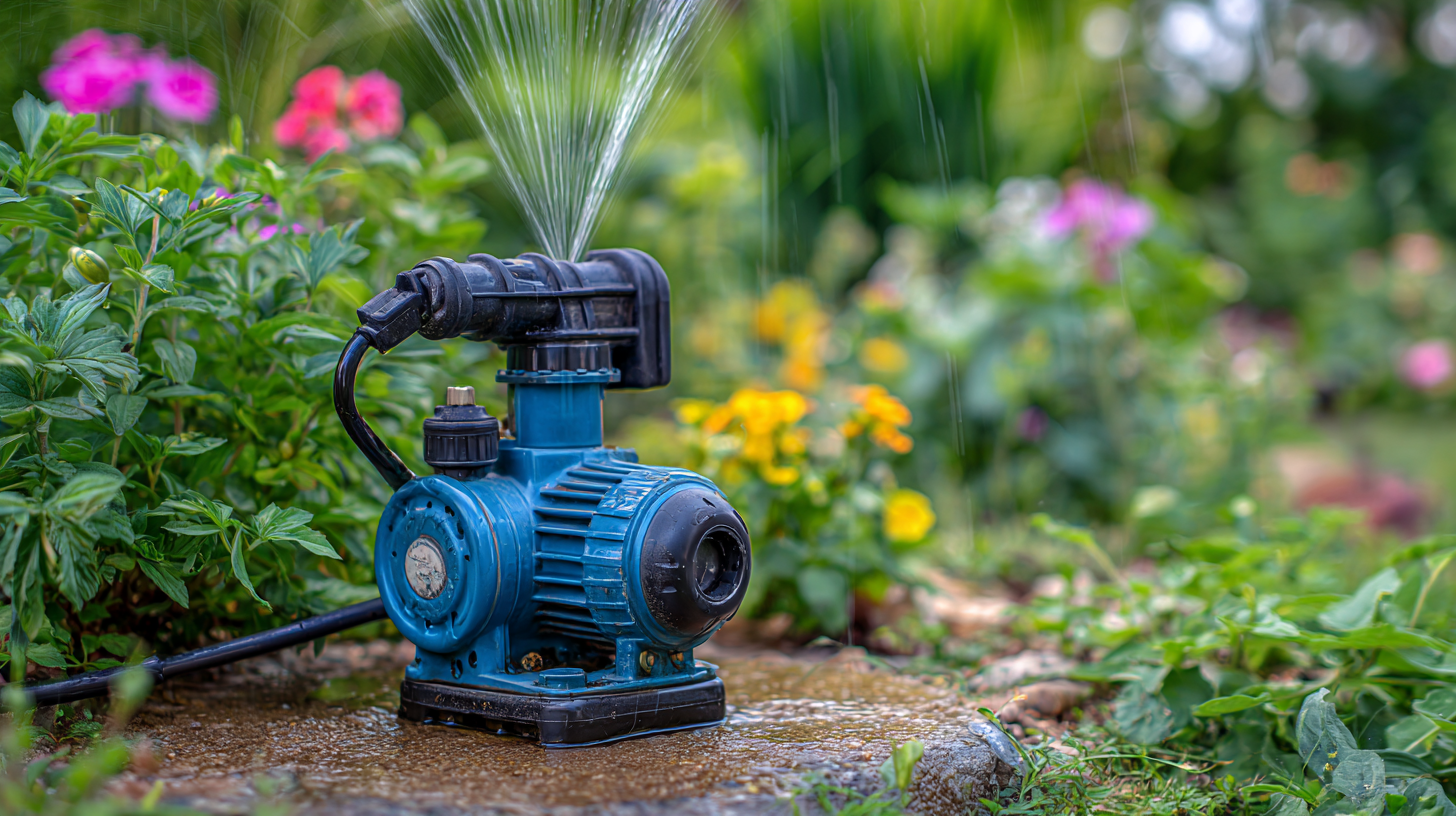
Advantages of Electric Water Pumps for Sustainable Gardening Practices
Electric water pumps are becoming increasingly popular in sustainable gardening practices due to their efficiency and environmental benefits. One of the main advantages is their ability to conserve water. Unlike traditional methods that may waste this precious resource, electric pumps can deliver water with precision directly to the plants that need it most, ensuring optimal hydration while minimizing runoff and evaporation.
Furthermore, electric water pumps are often more energy-efficient than gas-powered alternatives. They use electricity, which can be sourced from renewable energies like solar or wind power, reducing the carbon footprint of gardening activities. By integrating electric pumps into sustainable gardening practices, homeowners can create a more eco-friendly landscape while enjoying lower utility bills and more reliable water delivery systems. This innovation not only benefits the environment but also enhances the overall health and productivity of gardens.
Enhancing Water Efficiency with Electric Pumps in Residential Settings
Electric water pumps have become increasingly vital in enhancing water efficiency within residential settings. According to a report from the American Society of Agricultural and Biological Engineers, efficient water management can reduce household water wastage by up to 30%. Electric pumps facilitate precise water delivery that ensures minimal overflow and evaporation, making them ideal for gardens and lawns that require consistent watering. By harnessing the power of electric pumps, homeowners can maintain lush green spaces while conserving valuable water resources.

Moreover, the integration of electric water pumps often leads to significant energy savings. The U.S. Department of Energy indicates that energy-efficient pumps can cut electricity usage by as much as 30% compared to traditional systems. This not only lowers utility bills but also supports sustainable practices, promoting a greener environment. As more households transition to electric pumps, the cumulative effect on water usage reduction is substantial, contributing to improved water availability during drought conditions and supporting local ecosystems.
Cost-Effectiveness of Electric Water Pumps Compared to Traditional Methods
Electric water pumps have emerged as a superior alternative to traditional water lifting methods, primarily due to their cost-effectiveness. Unlike gas-powered pumps or manual systems that require more frequent maintenance and higher operational costs, electric water pumps offer a reliable and economical solution. The initial investment in an electric pump is often recouped quickly through reduced energy consumption and lower upkeep expenses. Additionally, many electric models are designed for efficiency, maximizing water delivery while minimizing power usage.
Moreover, the long-term savings associated with electric water pumps extend beyond mere maintenance. They operate quietly and cleanly, eliminating the need for fuel and reducing the environmental impact typically associated with gas-driven systems. This not only translates to financial savings but also enhances the overall convenience for homeowners. As electric pumps increasingly incorporate advanced technology, such as smart controls and timers, they provide users with the ability to optimize water use based on real-time needs, further contributing to both economic and environmental benefits for gardens and households alike.
Convenience and Versatility of Electric Water Pumps for Various Tasks
Electric water pumps have revolutionized the way we manage water for various tasks in our homes and gardens. Their convenience lies in their ability to provide a reliable source of water without the strenuous effort of manual pumping. Whether you are watering your plants, filling a pond, or transferring water from one location to another, electric water pumps can simplify these tasks significantly. With just the flick of a switch, you can effortlessly manage water flow, saving both time and energy.
In addition to their convenience, the versatility of electric water pumps makes them indispensable for a range of applications. These pumps can cater to various needs, from irrigation systems that enhance garden efficiency to emergency drainage solutions that can help prevent flooding. They are suitable for both indoor and outdoor use, making them ideal for homeowners who wish to maintain a lush garden or a safe home. With features like adjustable flow rates and portability, electric water pumps adapt to different tasks, ensuring that you have the water you need exactly when and where you need it.
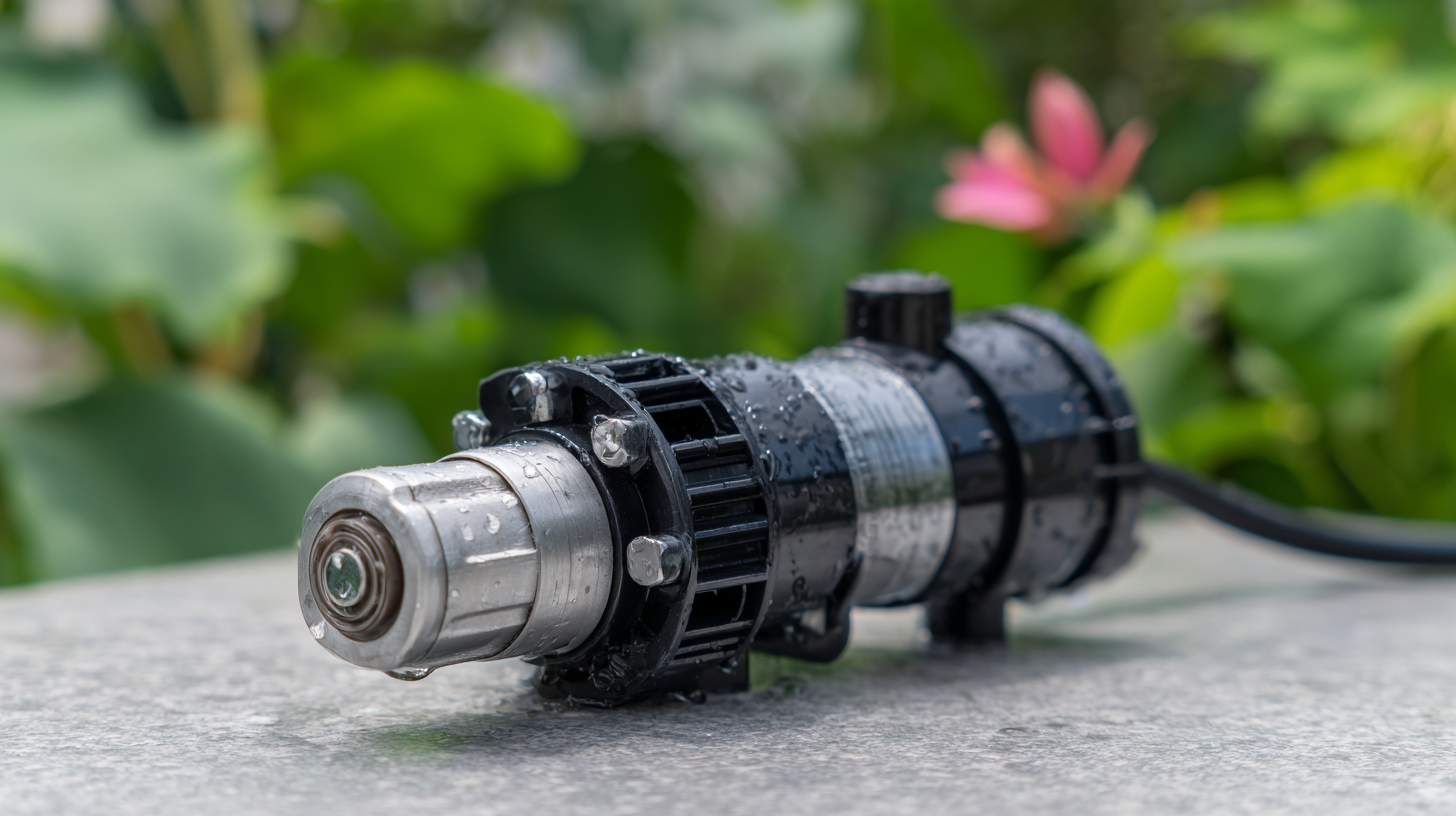
Environmental Benefits of Switching to Electric Water Pumps for Home Use
Switching to electric water pumps for home use not only enhances efficiency but also brings significant environmental benefits. Unlike conventional gas-powered pumps, electric water pumps produce zero emissions during operation, contributing to cleaner air and reducing your carbon footprint. This shift toward electrification supports sustainable gardening and landscaping practices, allowing homeowners to conserve water and energy while maintaining lush outdoor spaces.
When opting for electric water pumps, consider using timers and smart irrigation systems. These tools can optimize water usage, ensuring that your garden receives only what it needs. Additionally, look for energy-efficient models that minimize electricity consumption, maximizing sustainability efforts without sacrificing performance.
It's also essential to regularly maintain your electric water pump. Clean filters and inspect hoses to ensure optimal operation, which can prolong the pump's life and efficiency. By prioritizing maintenance, you can further reduce waste and environmental impact, making your gardening efforts more sustainable.
Top 7 Benefits of Using Electric Water Pumps for Home and Garden Efficiency
This chart illustrates the benefits of using electric water pumps for home and garden efficiency, highlighting factors such as energy efficiency, cost savings, environmental impact, and ease of use.
Related Posts
-

The Ultimate Guide to Understanding How Water Pumps Transform Our Daily Lives
-
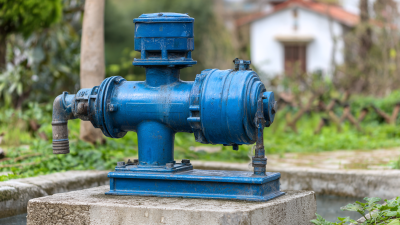
Maximizing Efficiency: Choosing the Best Deep Well Water Pump for Your Needs
-
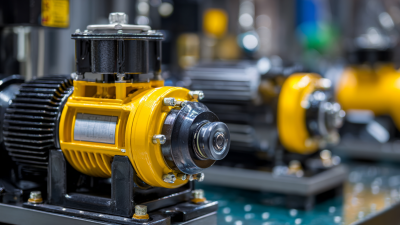
Unlocking Opportunities in Submersible Well Pump Market at the 2025 China Import and Export Fair
-
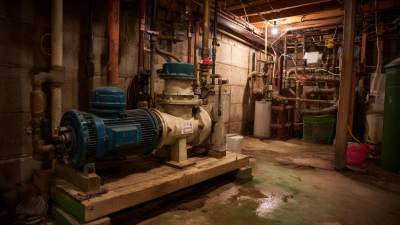
Top 5 Drainage Pumps for Efficient Water Removal: A Comprehensive Buyer’s Guide
-

2025 How to Choose the Best Dewatering Pump for Your Needs
-
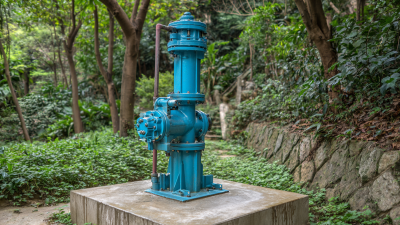
Understanding the Benefits of Deep Well Water Pumps for Efficient Irrigation and Sustainable Water Use
